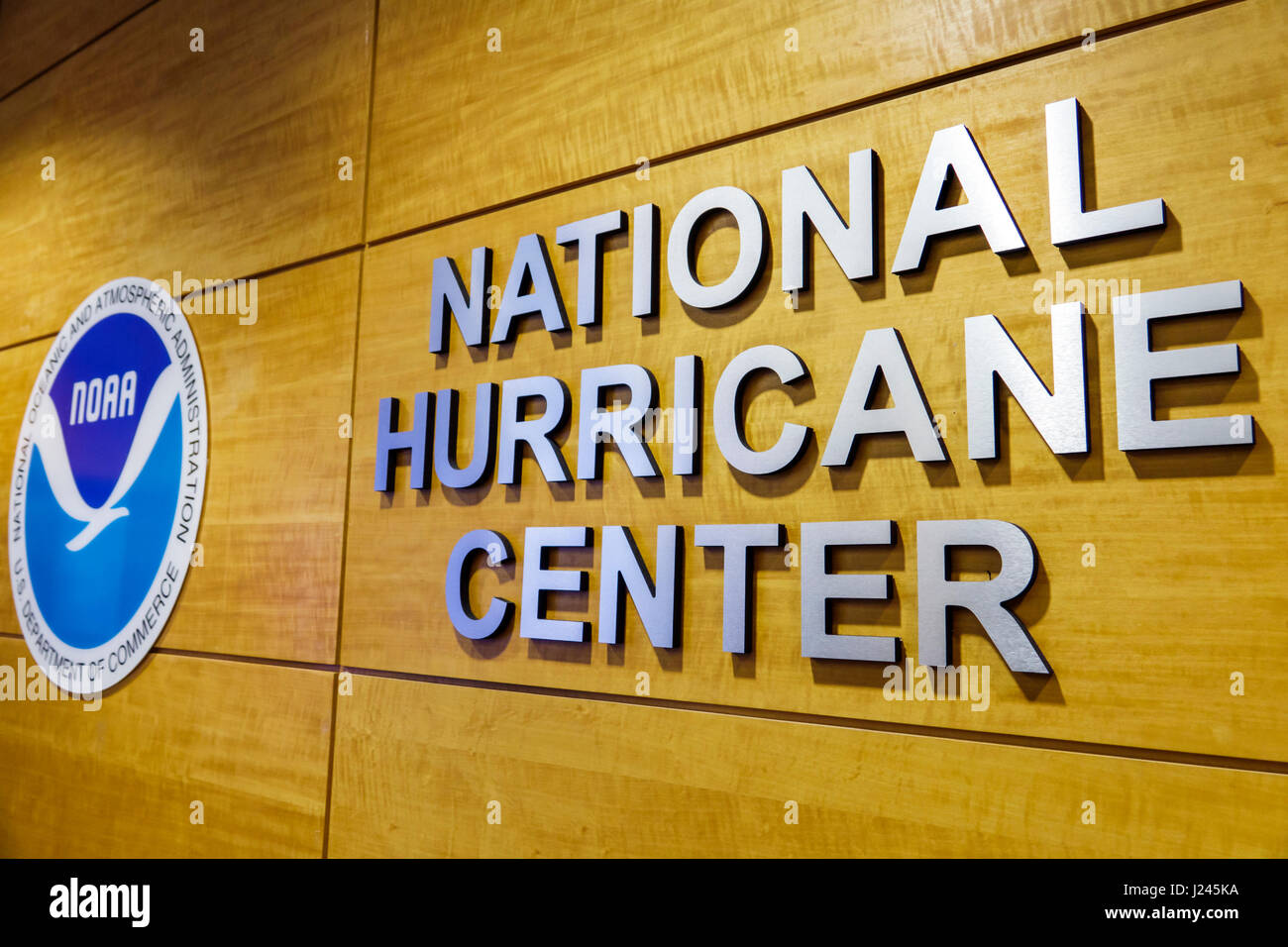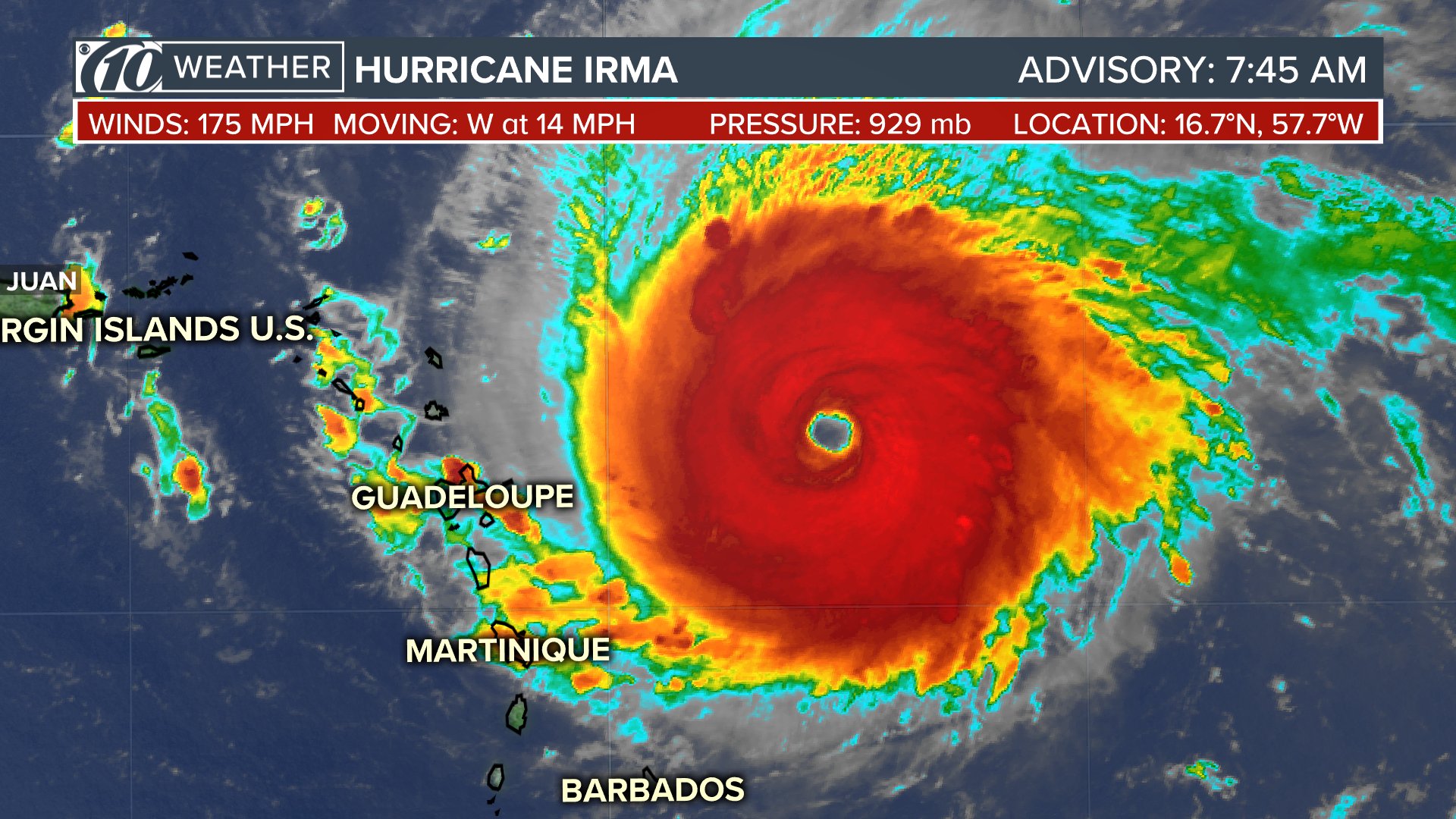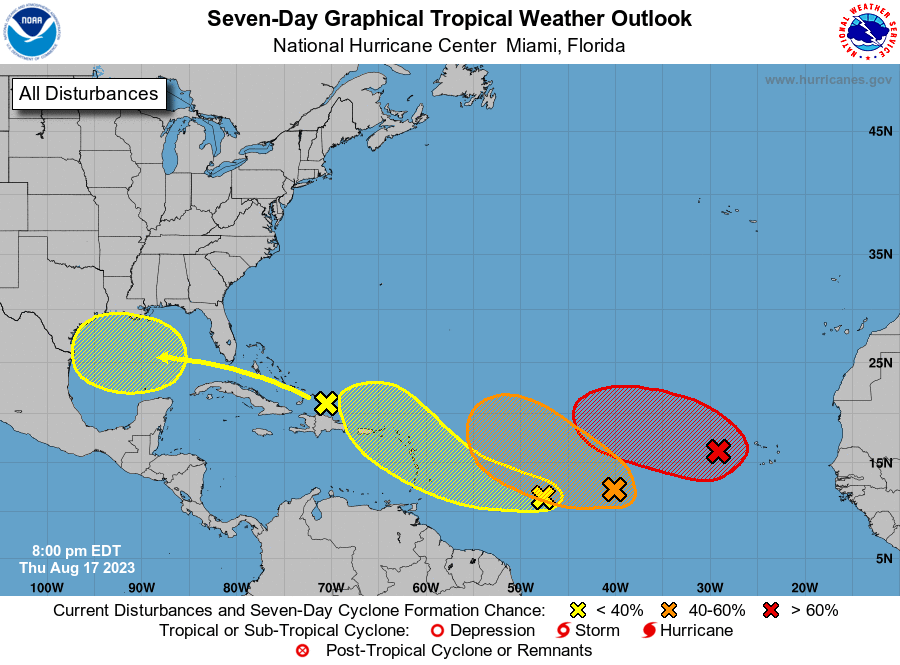Hurricane Preparedness: National Hurricane Center
National hurricane center – Hurricanes are powerful and destructive storms that can cause widespread damage and loss of life. It is important to be prepared for hurricanes, especially if you live in an area that is prone to these storms.
When it comes to tracking hurricanes, the National Hurricane Center is your go-to source for the latest information. They provide detailed forecasts, including the infamous “spaghetti models” spaghetti models , which show multiple possible paths a hurricane could take. These models are essential for understanding the potential impact of a storm and help emergency managers make informed decisions.
The National Hurricane Center’s expertise and resources make them an invaluable asset in keeping communities safe during hurricane season.
There are a number of things you can do to prepare for a hurricane, including:
- Create an evacuation plan.
- Assemble an emergency kit.
- Secure your home.
- Stay informed about the storm.
Evacuation Plan
An evacuation plan is a set of instructions that you and your family will follow in the event of a hurricane. The plan should include the following information:
- The routes you will take to evacuate.
- The location of your evacuation destination.
- The contact information for your family members.
Emergency Kit
An emergency kit is a collection of supplies that you will need in the event of a hurricane. The kit should include the following items:
- Water (one gallon per person per day)
- Food (non-perishable items)
- First-aid kit
- Flashlight
- Radio
- Batteries
- Whistle
- Cash
- Important documents (passports, insurance cards, etc.)
Securing Your Home
There are a number of things you can do to secure your home before a hurricane hits, including:
- Board up windows and doors.
- Secure loose objects outside your home.
- Bring in outdoor furniture and other items that could be blown away.
- Turn off your gas and electricity.
Staying Informed
It is important to stay informed about the storm as it approaches. You can do this by listening to the radio, watching television, or checking the internet. The National Hurricane Center website is a good source of information about hurricanes.
The National Hurricane Center is the go-to source for the latest hurricane forecasts. The Center’s experts are tracking Hurricane Beryl closely, and you can find the latest hurricane beryl forecast on their website. The National Hurricane Center will continue to monitor Beryl and provide updates as necessary.
Hurricane Forecasting and Tracking

Hurricanes are one of the most powerful and destructive forces of nature. They can cause widespread damage and loss of life. In order to protect ourselves from hurricanes, it is important to be able to forecast and track them.
Hurricanes are forecasted using a variety of methods, including satellite imagery, radar, and weather balloons. These methods allow meteorologists to track the movement of hurricanes and to predict their intensity.
Hurricanes are classified into five categories, based on their wind speed. The categories are:
* Category 1: Winds of 74-95 mph
* Category 2: Winds of 96-110 mph
* Category 3: Winds of 111-129 mph
* Category 4: Winds of 130-156 mph
* Category 5: Winds of 157 mph or higher
The category of a hurricane determines the potential for damage. Category 1 hurricanes can cause minor damage, while Category 5 hurricanes can cause catastrophic damage.
It is important to stay informed about hurricane forecasts, especially if you live in an area that is prone to hurricanes. There are a number of ways to stay informed, including:
* Listening to the radio or watching television for weather updates
* Checking the National Hurricane Center website
* Signing up for hurricane alerts from your local government
By staying informed about hurricane forecasts, you can take steps to protect yourself and your family from hurricanes.
Hurricane Categories
The Saffir-Simpson Hurricane Wind Scale is a 1 to 5 rating based on a hurricane’s sustained wind speed. This scale estimates potential property damage. Hurricanes reaching Category 3 and higher are considered “major” storms.
| Category | Wind Speed (mph) | Storm Surge (ft) | Central Pressure (mb) |
|—|—|—|—|
| 1 | 74-95 | 4-5 | 980 |
| 2 | 96-110 | 6-8 | 965 |
| 3 | 111-129 | 9-12 | 945 |
| 4 | 130-156 | 13-18 | 920 |
| 5 | 157+ | 19+ | 900 |
Hurricane Impacts and Recovery

Hurricanes are powerful storms that can cause widespread damage and loss of life. The impacts of a hurricane can vary depending on its intensity and location, but some of the most common include:
Storm surge: Storm surge is a wall of water that can be as high as 20 feet or more. It is caused by the strong winds of a hurricane pushing water towards the shore. Storm surge can cause severe flooding and damage to coastal communities.
Flooding: Hurricanes can also cause flooding from heavy rainfall. This flooding can damage homes and businesses, and can also lead to the spread of disease.
Wind damage: The strong winds of a hurricane can cause widespread wind damage. This damage can include downed trees, power lines, and buildings.
Post-hurricane recovery efforts are essential to helping communities rebuild and recover from the devastation caused by a hurricane. These efforts can include providing food, water, and shelter to survivors, as well as repairing damaged infrastructure and providing financial assistance to businesses and homeowners.
There are a number of resources available to help people who have been affected by a hurricane. These resources include the Federal Emergency Management Agency (FEMA), the American Red Cross, and the Salvation Army.
Getting Help After a Hurricane, National hurricane center
If you have been affected by a hurricane, there are a number of resources available to help you. These resources include:
- FEMA: FEMA provides financial assistance to individuals and families who have been affected by a hurricane. This assistance can include grants for housing, food, and medical expenses.
- American Red Cross: The American Red Cross provides food, water, and shelter to survivors of hurricanes. The Red Cross also provides financial assistance to families who have lost their homes.
- Salvation Army: The Salvation Army provides food, water, and shelter to survivors of hurricanes. The Salvation Army also provides emotional and spiritual support to survivors.
